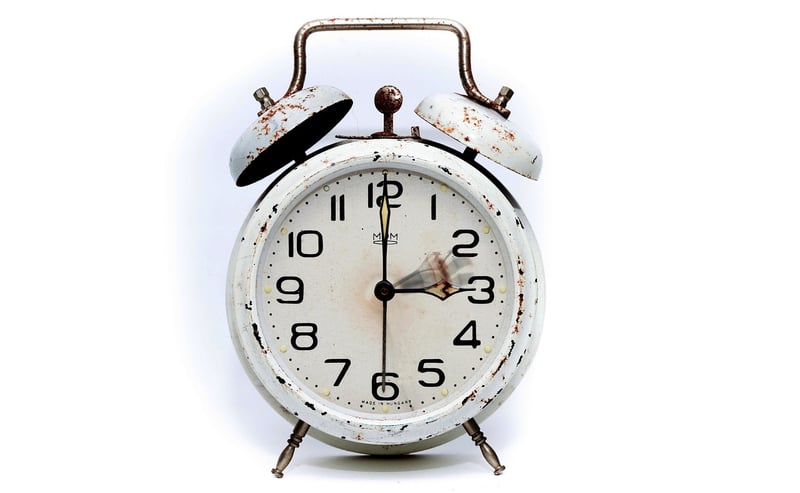Temporal Mechanics
Ethical Considerations in Temporal Mechanics
Temporal mechanics, the study of time and its manipulation, raises several ethical considerations that are crucial to ponder upon. As we delve into the realm of time travel and alterations to the timeline, ethical dilemmas emerge that challenge our moral compass.
Paradoxes and Consequences
One of the primary ethical concerns in temporal mechanics is the potential for paradoxes. Altering events in the past could have unforeseen consequences that ripple through time, leading to paradoxes that defy logic. The ethical question arises: should we interfere with the past if it means risking catastrophic outcomes in the present or future?
Historical Integrity
Preserving the integrity of history is another ethical quandary. Changing past events to suit a particular agenda or outcome raises questions about the authenticity of our timeline. Should we manipulate historical events for personal gain, knowing that it distorts the truth and erases the experiences of those who lived through those moments?
Temporal Prime Directive
Similar to the Prime Directive in Star Trek, a Temporal Prime Directive could be a guiding principle in temporal mechanics. This directive would advocate for non-interference in the natural flow of time unless absolutely necessary to prevent catastrophic events. Upholding such a directive would require a deep sense of responsibility and respect for the fabric of time itself.
Conclusion
In conclusion, ethical considerations in temporal mechanics are paramount as we explore the complexities of time travel and manipulation. By reflecting on the potential paradoxes, preserving historical integrity, and considering a Temporal Prime Directive, we can navigate the ethical challenges that arise in our quest to understand and control time.

For further reading on this topic, you can visit Space.com's article on Time Travel.
